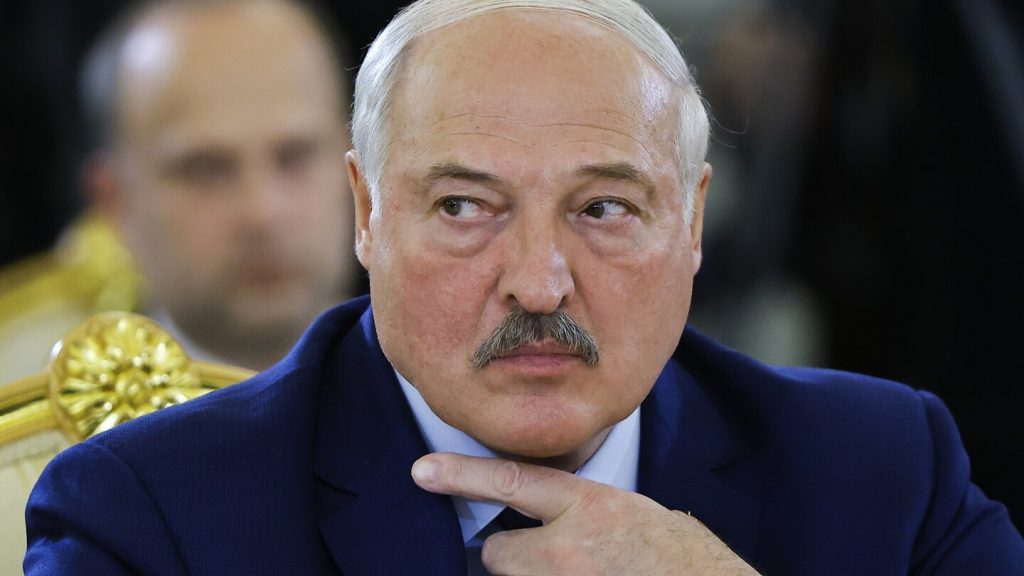In a significant move, Lithuania has sought prosecution at the International Criminal Court (ICC) for Belarusian President Alexander Lukashenko and other officials for crimes against humanity. This decision was hailed by Belarus’ exiled opposition leader, Sviatlana Tsikhanouskaya, who sees it as a sign of hope for her country. She believes that this step demonstrates to Belarusians that the international justice system works, and there are countries willing to help them. The ICC’s prosecutor has agreed to open a probe into the allegations, even though Belarus is not a member state of the court. Lithuania argues that the court has jurisdiction based on a similar case involving Myanmar and Bangladesh over the persecution of the Rohingya people.
According to the referral made by Lithuania to the ICC, there are reasonable grounds to believe that Lukashenko’s government, police, and armed forces have been involved in deportation, persecution, and other inhumane acts against Belarusian civilians for over four years. This crackdown on opposition comes in response to protests that erupted after the disputed 2020 presidential election, which saw Lukashenko secure a sixth term in office. The intense repression following the election has led to hundreds of thousands of Belarusians, including Tsikhanouskaya, fleeing the country. Many have sought refuge in Lithuania, which is at the forefront of seeking justice for the atrocities committed by Lukashenko’s regime.
Tsikhanouskaya, who emerged as the main opponent to Lukashenko in the 2020 election, entered the race after her husband, Siarhei Tsikhanouski, was arrested when he announced plans to run. Following the election, she was given an ultimatum by the authorities to leave the country or face imprisonment. The crackdown on opposition and protests in Belarus has resulted in the arrest of over 65,000 people in the last four years, with reports of severe beatings and human rights violations by security forces. As Lukashenko gears up for a seventh term in office next year, opposition leaders in exile fear that he is intensifying efforts to suppress dissent by targeting Belarusians who have sought refuge abroad.
The Hague-based ICC had previously issued an arrest warrant for Lukashenko’s ally, Russian President Vladimir Putin, over his alleged involvement in abductions of children from Ukraine. Despite the warrant, Putin has dismissed it and continued his activities with impunity. In a separate development, another Belarusian opposition leader, Pavel Latushka, provided evidence to the ICC suggesting that over 2,100 Ukrainian children from Russia-occupied cities have been forcibly taken to Belarus with Lukashenko’s approval. Latushka hopes that this evidence will prompt the ICC to issue an arrest warrant for Lukashenko, holding him accountable for these grave human rights violations. The international community is closely watching these developments as efforts to seek justice for Belarusians gain momentum through legal avenues such as the ICC.















